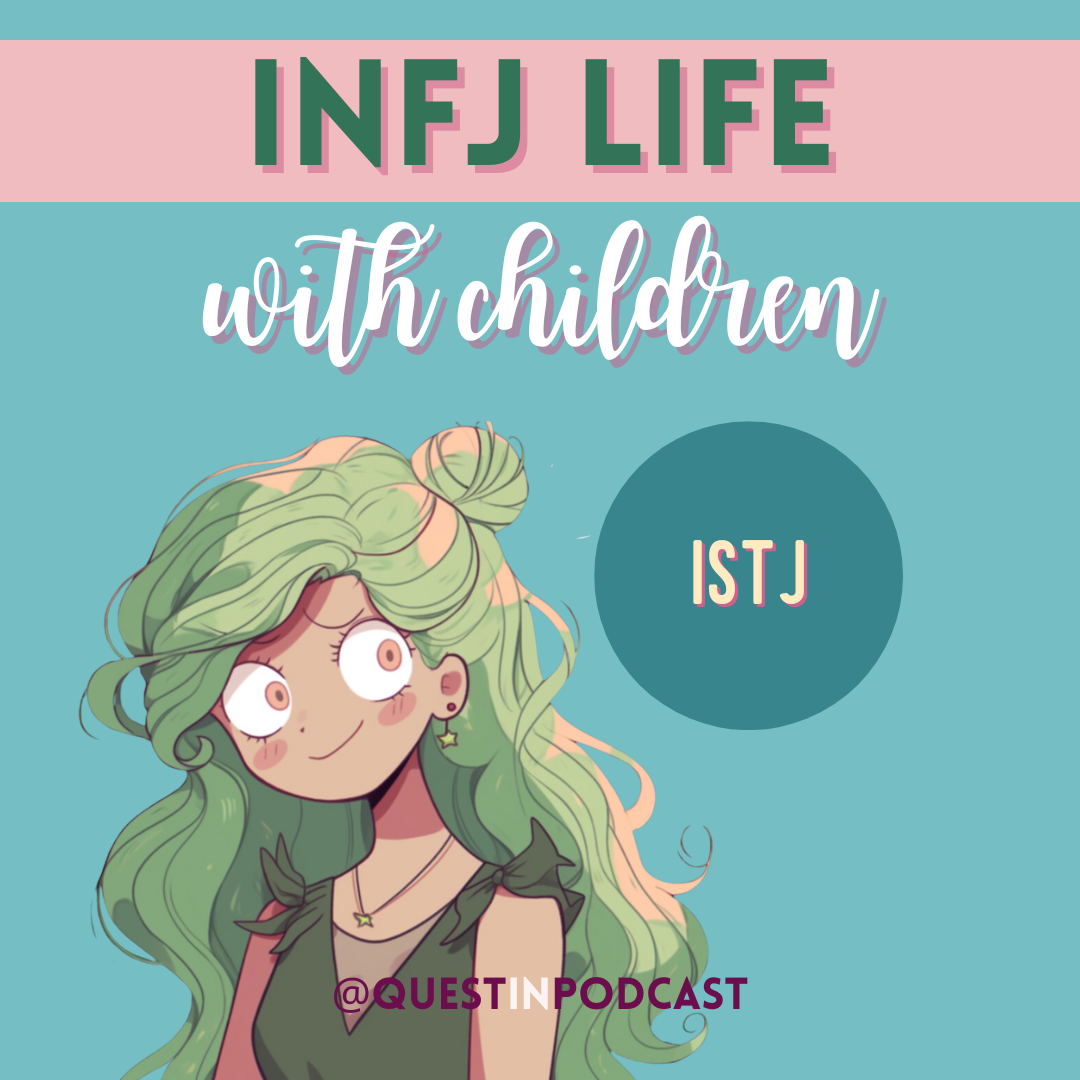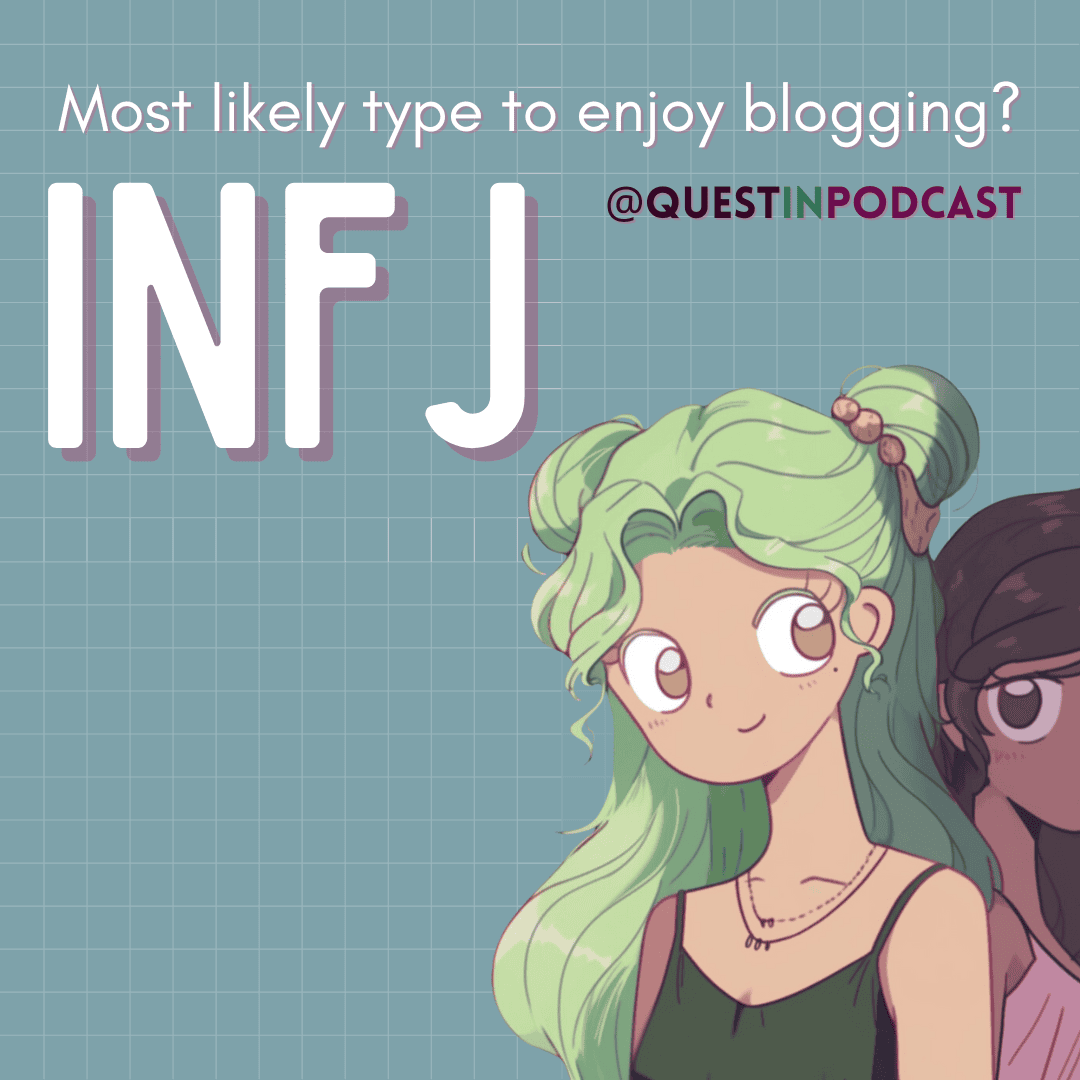
The MBTI Most Likely to Cheat
Which is the MBTI most likely to cheat?
Understanding the Jungian cognitive functions, it’s easy to understand which is the MBTI most likely to cheat. So let’s get into it from least likely to most likely.
This is specifically in regard to the context of an exclusive romantic relationship.
As a disclaimer, these are just thoughts from my observations throughout my early 20s with all the different personality types and how I observe people treat their romantic long-term relationships. No person is solely defined by their personality type. People may deviate from their character in different seasons of their life, particularly under circumstances of extreme stress.
I’ll try to explain my reasonings through the foundational framework of cognitive functions for each type to explore whether or not a particular personality type would cheat.
Which MBTI is least likely to cheat?
Least Likely to Cheat: ISFJ Defender Personality Type (1/10)

An ISFJ would win the spot as the LEAST likely of all personality types to cheat.
As part of the alpha quadra, ISFJs demonstrate strong familial and traditional values. They are committed individuals who prioritize a sense of duty, because of their lead introverted sensing (Si) function.
Combined with their auxiliary extroverted feeling (Fe), ISFJs wish utterly to maintain harmony, especially in their closest relationships.
ISTJ Inspector Personality Type (1/10)

Similar to why an ISFJ probably would not cheat, ISTJs lead with introverted sensing (Si) which enjoys knowing what to expect and craves stability over novelty.
Additionally, introverts desire less stimulation and are less likely to go out of their way to build new relationships that require more energy expenditure. Introverts like to reserve their energetic capabilities for themselves and for investing in what they already have.
MBTI Types Least Likely to Cheat
ESTJ Supervisor Personality Type (2/10)

ESTJs are dutiful and hate to feel like they are not following the rules of society.
They would not want to cheat simply because they judge others harshly for breaking societal expectations, so they would like to abide by the same standards themselves.
Cognitively, their supportive 2nd function is introverted sensing (Si).
INTP Researcher Personality Type (2/10)

INTPs are smart and would do a thorough risk-benefit analysis that would make them not likely to cheat.
They would rather break up with someone that they don’t want to be with than hurt anyone.
They lead with introverted thinking (Ti), which makes them very rational and sensible individuals who are not the type to act on impulse. They like to fully logically think through their decisions.
Additionally, they have introverted sensing (Si) as their 3rd function. This makes them enjoy comfort and prefer a long-term stable connection.
INFP Dreamer Personality Type (2/10)

INFPs would simply not have the energy or desire to go out of their way to cheat.
With their lead introverted feeling (Fi), they could not go against their own values and morals to make unethical decisions.
Like the INTP above, they also have introverted sensing (Si) as their 3rd function.
Additionally, INFPs maybe crave the MOST alone time of all introverts. They value it so much that in a long-term committed relationship, they would desire more alone time rather than another connection.
ENFJ Mentor Personality Type (3/10)

ENFJs are extroverts, but they don’t have it in them to intentionally do someone wrong. At least when they are in a clear-minded state.
An ENFJ will be loyal to their loved ones until the end of any relationship.
ENFP Inspirer Personality Type (4/10)

Similar to the INFP Dreamer (the ENFP introverted counterpart), ENFPs exhibit a very strong sense of personal values that they absolutely hate going against. They wouldn’t do it.
They would much rather end a relationship than cheat.
ISTP Craftsman Personality Type (4/10)

ISTPs (like the INTP Researcher) are humans that prefer to function on pure logic because of their dominant introverted thinking (Ti) function.
However, they do have auxiliary extroverted sensing (Se) and can be the type to act on impulsivity and sensation-seeking.
The likelihood of an ISTP cheating entirely depends on the person’s preference for cognitive functions. Both are personal strengths, so it could really come down to a battle between the mind and the flesh.
INFJ Advocate Personality Type (4/10)

INFJs would never want to cheat. As idealists, they crave true ever-lasting love.
However, they have the inferior 4th function of extroverted sensing (Se). The 4th function in times of stress can lead to a “grip” on a type and Se-grip is maybe the most dangerous of all. You could read my full post about the unexpected dark side and INFJ toxic traits.
Typical INFJs are not likely to cheat, but a lost INFJ honestly might.
Which MBTI is more likely to cheat?
ESFJ Caretaker Personality Type (5/10)

As part of the alpha quadra (along with ISFJ Defender and INTP Researcher), I would think that ESFJs are not likely to cheat.
However, I know many (like way too many) who have. So this type wins a middle spot in the spectrum.
Maybe one that needs to be wary of their endless desire for human connection (lead extroverted feeling) that needs to be controlled with their lesser desire for rationality (inferior introverted thinking).
They are super kind individuals, but maybe sometimes they lose sight of logic.
ISFP Designer Personality Type (5/10)

ISFPs would not desire to cheat, but they might.
Similar to the INFJ Advocate, they are idealistic in their ideas of love.
Similar to the ISTP Craftsman, they have extroverted sensing (Se) as their 2nd auxiliary function that can make them VERY impulsive at times. More than the ISTP impulsive actually, because their lead function is introverted feeling (Fi) that prioritizes their personal values and feelings.
ISFPs are actually 1 of the 4 gamma quadra types. Gammas are the most likely to cheat of all the quadras. They have the Se-Ni axis and Fi-Te axis. It’s the extroverted sensing (Se) and introverted (Fi) combination that can result in destructive, selfish, and impulsive decisions. Of all the gammas, the ISFP is at least the least likely.
ENTP Debater Personality Type (6/10)

ENTPs will commit to the right person. When they like someone, they are 100% individuals.
However, some ENTPs I know date people they don’t absolutely love. As a result, they just don’t treat their relationships with the right respect necessary.
An important takeaway (for any type and every person) is to date someone you absolutely feel attracted to and to make that a requirement in how your partner feels about you. I truly think attraction is SO important for the longevity of a relationship. In university, my psychology professor for a family psych class really emphasized the importance of attraction in dating, relationships, and marriage.
To continue about the ENTP, they will be loyal only in relationships that they are in love. If they wander, it is a result of a lack of attraction.
INTJ Mastermind Personality Type (7/10)

Honestly, INTJs can be heartless individuals. Yet they don’t mean wrong.
It’s hard to explain, but their 3rd function of introverted feeling (Fi) can lead to very selfish decisions but deep in their heart they wish they weren’t that way.
Also, they are susceptible to the Se-grip just the like the INFJ Advocate mentioned above because of their 4th inferior function of extroverted sensing (Se).
These two functions are both the less controlled of their dominant 4 functions.
Contrasting to the incredible ability of INTJs to accomplish their goals and create sustainable, efficient systems due to their 1st function (Ni) and 2nd function (Te), they do not have the same level of control or discipline for their lower functions.
ENTJ Commander Personality Type (8/10)

ENTJs just love being admired by people. They can’t help it.
If given the opportunity, they would.
Although, idealistically they wouldn’t want to.
But they are attention-seekers who feel alive from the attention of others. It fills a sort of void they existentially feel from being so different than most. They are only 1.8% of the population.
ESFP Entertainer Personality Type (8/10)

ESFPs are friends with everyone and their mothers. They are the most social, outgoing, and friendly individuals who just NEED to experience genuine human connections.
In healthy states, they will give a person the shirt on their back from a truly generous heart.
However, in unhealthy moments, they could easily fall to their temptations that crave new experiences and more attention.
Which MBTI is most likely to cheat?
Most Likely to Cheat: ESTP Explorer Personality Type (9/10)

The ESTP takes the place of the most likely personality type to cheat.
This might be my limited experience, but every ESTP that I have ever gotten close to and spoken with about relationships has opened up to cheating in either their current or past relationship.
One ESTP male even once said, “Girls are like candy, I just want to try them all.”
The temptation for novelty is a clear product of their dominant extroverted sensing (Se) function. Similar to the ESFP Entertainer, these personality types are simply activated by new experiences. They feel most alive from exploration and unfamiliar curiosities.
It was hard to choose whether the ESFP or ESTP would be the most likely, but I chose ESTP because of their 3rd function of extroverted feeling (Fe) which makes them some very charming, flirtatious individuals.
ESTPs can convince you of their exclusive undying love and loyalty while making someone else feel the same the next day.
I’m not saying all ESTPs cheat, but every single one I ever knew throughout high school and college did. Maybe it was an age thing, who knows? Just my observations.
Conclusion on which MBTI is the most or least likely to cheat…
You will notice that the two least likely types both lead with introverted sensing (Si) while the two most likely types lead with extroverted sensing (Se). This is because they are opposite functions.
Introverted sensing (Si) thrives in comfort and knowing what to expect. It functions with a strong connection to the past and memory.
Extroverted sensing (Si) thrives in new experiences and choosing in-the-moment decisions. It is characterized by the present moment and vivid spontaneity.
These were very general observations that are limited and that obviously cannot represent all personality types of such MBTI typology. Nonetheless, I felt it was worth sharing with those who are curious.
In extreme circumstances of stress and unhappiness, I think any type could lose sight of their own integrity and forego their commitments (including those to others and in their intimate relationships).
Cheating is an intriguing (for lack of a better word) problem in society. It is more common than most people care to admit. But as a keeper of secrets for others, I notice that a majority of relationships eventually experience the issue.
On a last note, if you want to prevent cheating and not fall into the temptations yourself… Then you need to read this book and have your long-term partner also read the book end to end to understand the hormonal effects at play in an intimate relationship.







